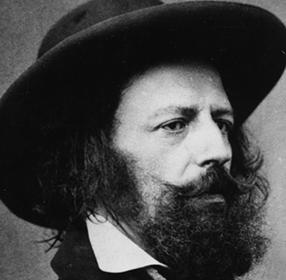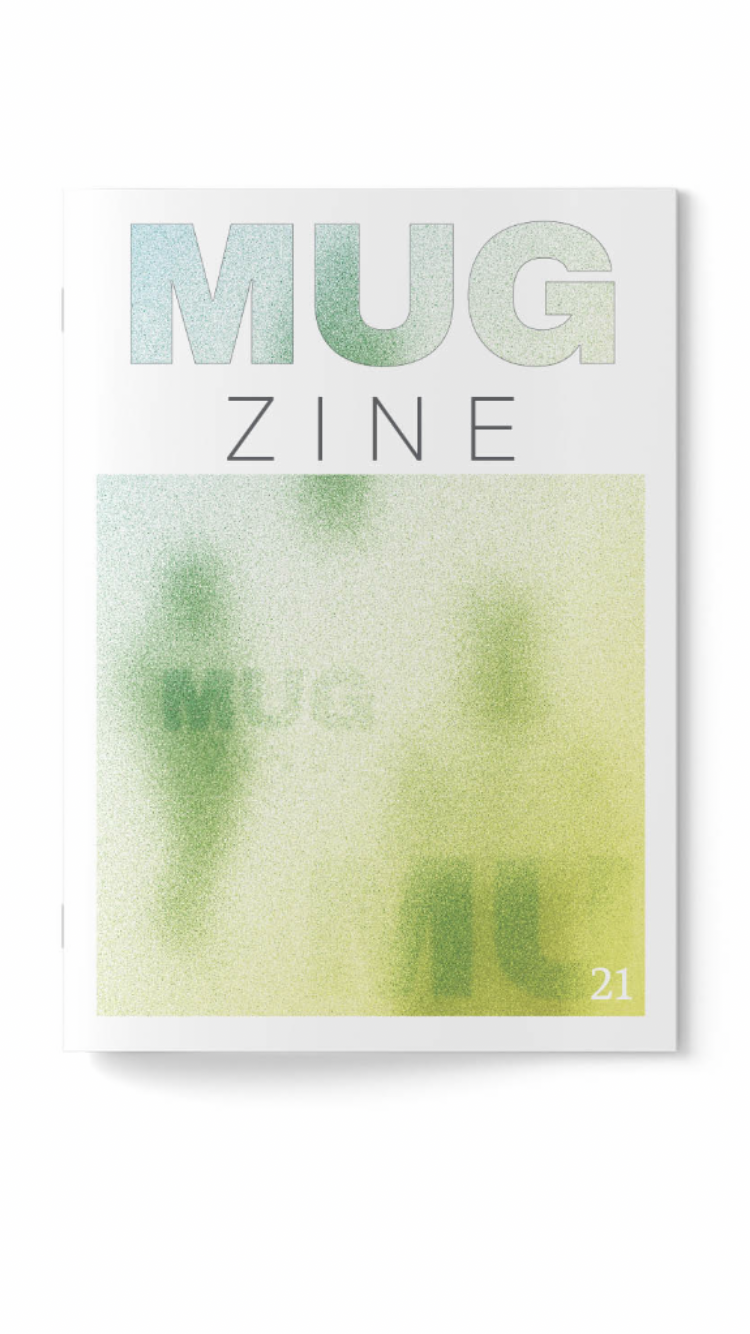Site-archief
Skyfall
Lord Alfred Tennyson
.
Soms komen werelden bijeen waarvan je misschien niet zo snel verwacht dat ze bij elkaar komen. Dat gevoel kreeg ik toen ik afgelopen week naar de James Bond film Skyfall zat te kijken. M. het grote opperhoofd van de 00 agenten, citeert tijdens een ‘hearing’ door de, voor haar verantwoordelijke, minister een strofe uit het gedicht ‘Ulysses’ van Lord Alfred Tennyson.
Het is overigens niet de eerste keer dat dit gedicht redelijk prominent in een film voorkomt. Al eerder was het te horen in Dead poets society, maar dat is een film (qua titel en inhoud) waar je een dergelijk gedicht eerder verwacht dan in een actiefilm.
Het gebruik van deze strofe sluit echter heel mooi aan bij waar het in deze scene van de film omgaat. Hoewel Ulysses en zijn zeemannen niet meer zo sterk zijn als in hun jeugd, zijn ze “sterk in wil” en worden ondersteund door hun vastberadenheid om verder “meedogenloos te streven, te zoeken, te vinden, en niet toe te geven”.
.
Ulysses
It little profits that an idle king,
By this still hearth, among these barren crags,
Matched with an aged wife, I mete and dole
Unequal laws unto a savage race,
That hoard, and sleep, and feed, and know not me.
I cannot rest from travel;
I will drink Life to the lees.
All times I have enjoyed
Greatly, have suffered greatly, both with those
That loved me, and alone; on shore, and when
Through scudding drifts the rainy Hyades
Vext the dim sea. I am become a name;
For always roaming with a hungry heart
Much have I seen and known–cities of men
And manners, climates, councils, governments,
Myself not least, but honored of them all,–
And drunk delight of battle with my peers,
Far on the ringing plains of windy Troy.
I am a part of all that I have met;
Yet all experience is an arch wherethrough
Gleams that untraveled world whose margin fades
For ever and for ever when I move.
How dull it is to pause, to make an end,
To rust unburnished, not to shine in use!
As though to breathe were life! Life piled on life
Were all too little, and of one to me
Little remains; but every hour is saved
From that eternal silence, something more,
A bringer of new things; and vile it were
For some three suns to store and hoard myself,
And this gray spirit yearning in desire
To follow knowledge like a sinking star,
Beyond the utmost bound of human thought.
This is my son, mine own Telemachus,
To whom I leave the scepter and the isle,
Well-loved of me, discerning to fulfill
This labor, by slow prudence to make mild
A rugged people, and through soft degrees
Subdue them to the useful and the good.
Most blameless is he, centered in the sphere
Of common duties, decent not to fail
In offices of tenderness, and pay
Meet adoration to my household gods,
When I am gone. He works his work, I mine.
There lies the port; the vessel puffs her sail;
There gloom the dark, broad seas.
My mariners, Souls that have toiled, and wrought, and thought with me,
That ever with a frolic welcome took
The thunder and the sunshine, and opposed
Free hearts, free foreheads–you and I are old;
Old age hath yet his honor and his toil.
Death closes all; but something ere the end,
Some work of noble note, may yet be done,
Not unbecoming men that strove with gods.
The lights begin to twinkle from the rocks;
The long day wanes; the slow moon climbs; the deep
Moans round with many voices. Come, my friends,
‘Tis not too late to seek a newer world.
Push off, and sitting well in order smite
The sounding furrows; for my purpose holds
To sail beyond the sunset, and the baths
Of all the western stars, until I die.
It may be that the gulfs will wash us down;
It may be we shall touch the Happy Isles,
And see the great Achilles, whom we knew.
Though much is taken, much abides; and though
We are not now that strength which in old days
Moved earth and heaven, that which we are, we are,
One equal temper of heroic hearts,
Made weak by time and fate, but strong in will
To strive, to seek, to find, and not to yield.
.
Met dank aan http://www.poets.org, sparknotes.com en Youtube.
Hope
Emily Dickinson
.
Schrijvend over de gedichten in de metro van New York kwam ik het gedicht van E,ily Dickinson (1830 – 1886) tegen met de intrigerende titel “Hope” is the thing with feathers uit 1861. Verder op zoek naar het gedicht kwam ik onder andere een website tegen waar de betekenis van het gedicht wordt uiteengezet en je meer te weten komt over de poëzie van Emily Dickinson (http://www.sparknotes.com/poetry/dickinson/section2.rhtml) over haar homiletische stijl (homilethiek=preekkunst) die ze overnam uit psalmen en religieuze hymnen.
Ook zonder deze wetenschap is het een prachtig gedicht over hoop die als een vogel neerstrijkt in de ziel.
.
“Hope”is the thing with feathers





